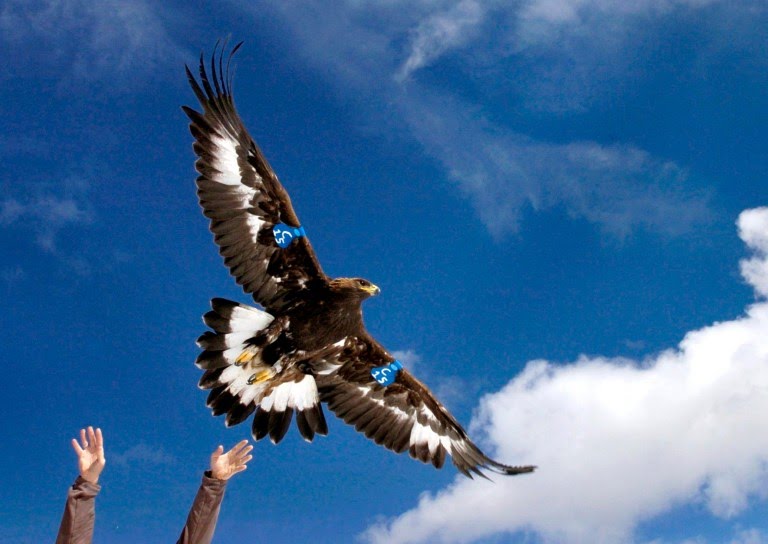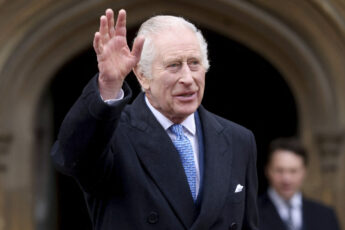In a shocking case of illegal wildlife trafficking, a Washington state man has been accused of participating in the killing of over 3,000 birds, including majestic eagles, on a Montana Indian reservation. The motive behind these heinous acts was to sell their carcasses and feathers, which are highly prized by certain tribes for cultural and ceremonial purposes. Court documents reveal that the defendant intends to plead guilty to charges related to this disturbing “killing spree.”
The wanton destruction of wildlife, particularly of iconic and protected species such as eagles, is a grave offense that has far-reaching ecological and cultural ramifications. Bald eagles, in particular, hold significant cultural and spiritual importance for many Native American tribes across the United States. They are considered sacred beings and are protected under federal law by the Bald and Golden Eagle Protection Act, which makes it illegal to take, possess, sell, or transport eagles or their parts without a permit.
The scale of the operation alleged in this case is staggering and deeply concerning. Thousands of birds, including not only eagles but also other protected species, have been ruthlessly killed for their feathers, which were then unlawfully sold for profit. Such activities not only disrupt fragile ecosystems but also undermine efforts to conserve and protect endangered and threatened species.
Illegal wildlife trafficking is a global problem that poses a significant challenge to conservation efforts worldwide. It not only threatens biodiversity but also fuels organized crime and undermines the rule of law. The case at hand underscores the urgent need for enhanced enforcement measures and stricter penalties to deter individuals from engaging in such activities.
Furthermore, it highlights the importance of collaboration between law enforcement agencies, tribal authorities, and conservation organizations to combat wildlife crime effectively. By working together, we can better protect our natural heritage and uphold the rights of indigenous communities to preserve and utilize wildlife resources in a sustainable and respectful manner.
As the defendant prepares to plead guilty to the charges against him, it serves as a stark reminder of the consequences of illegal wildlife trafficking and the imperative for greater vigilance and action to safeguard our planet’s precious biodiversity. Justice must be served, not only for the thousands of birds whose lives were senselessly taken but also for the ecosystems and communities affected by these egregious crimes.






